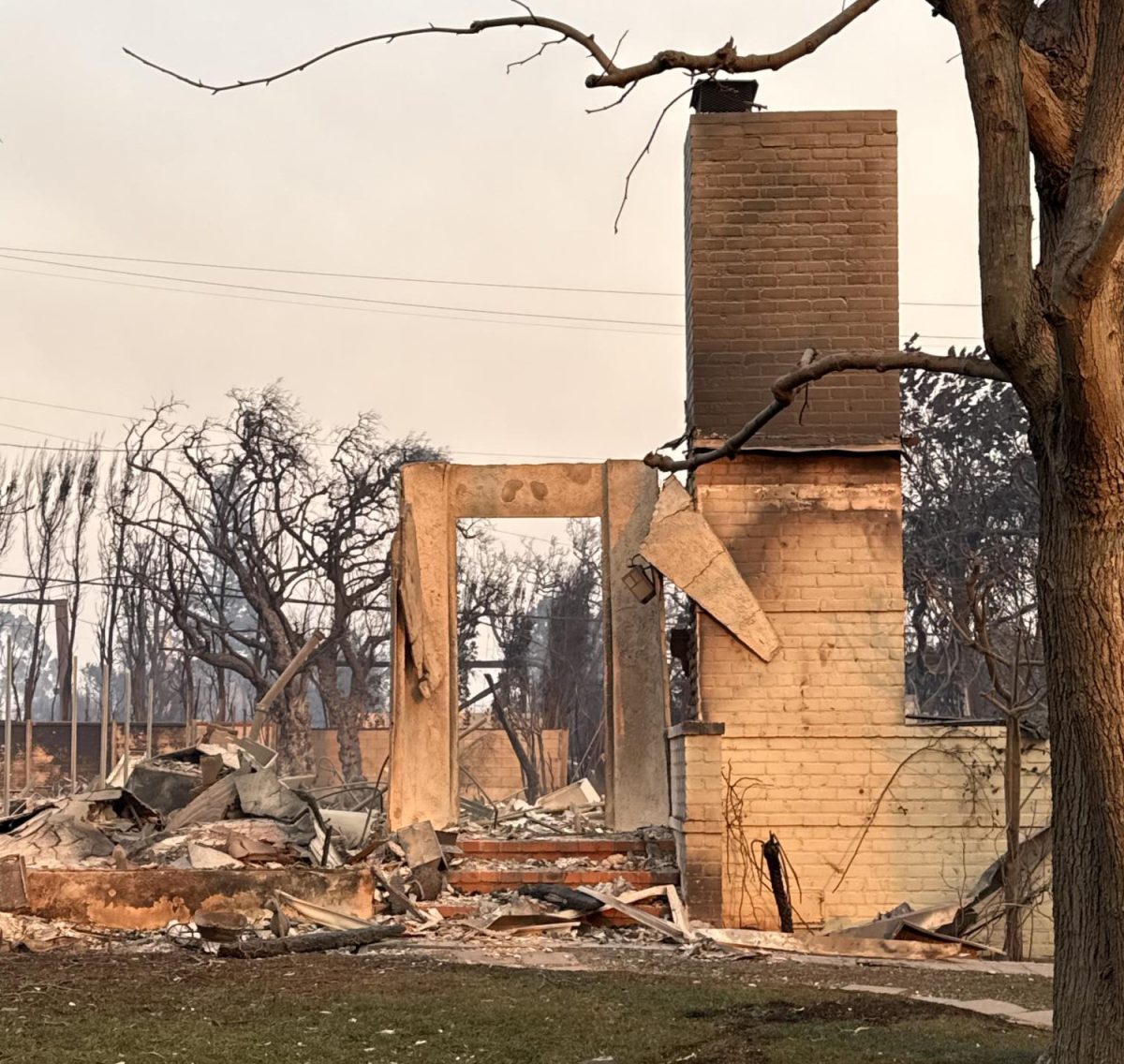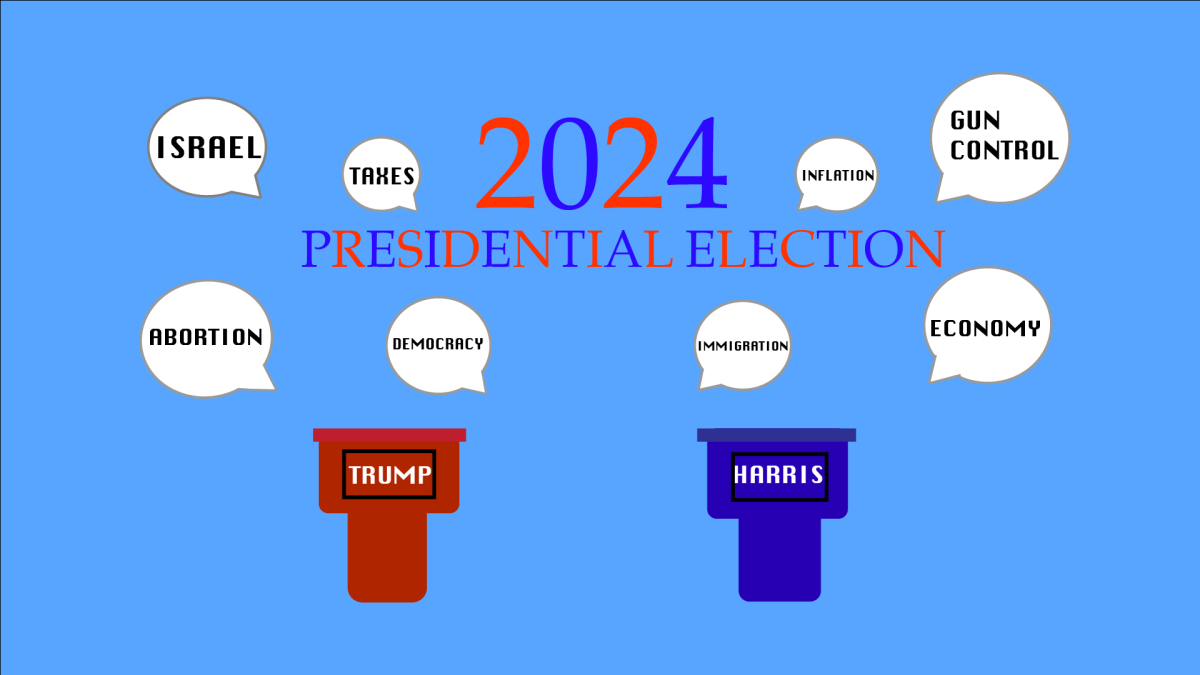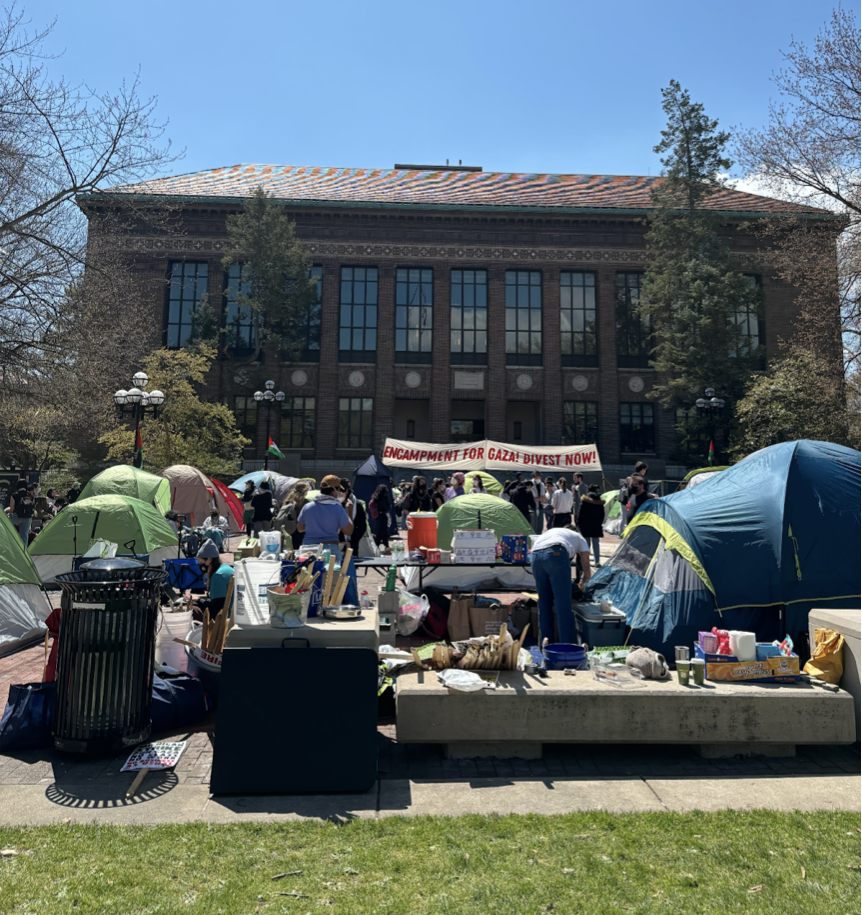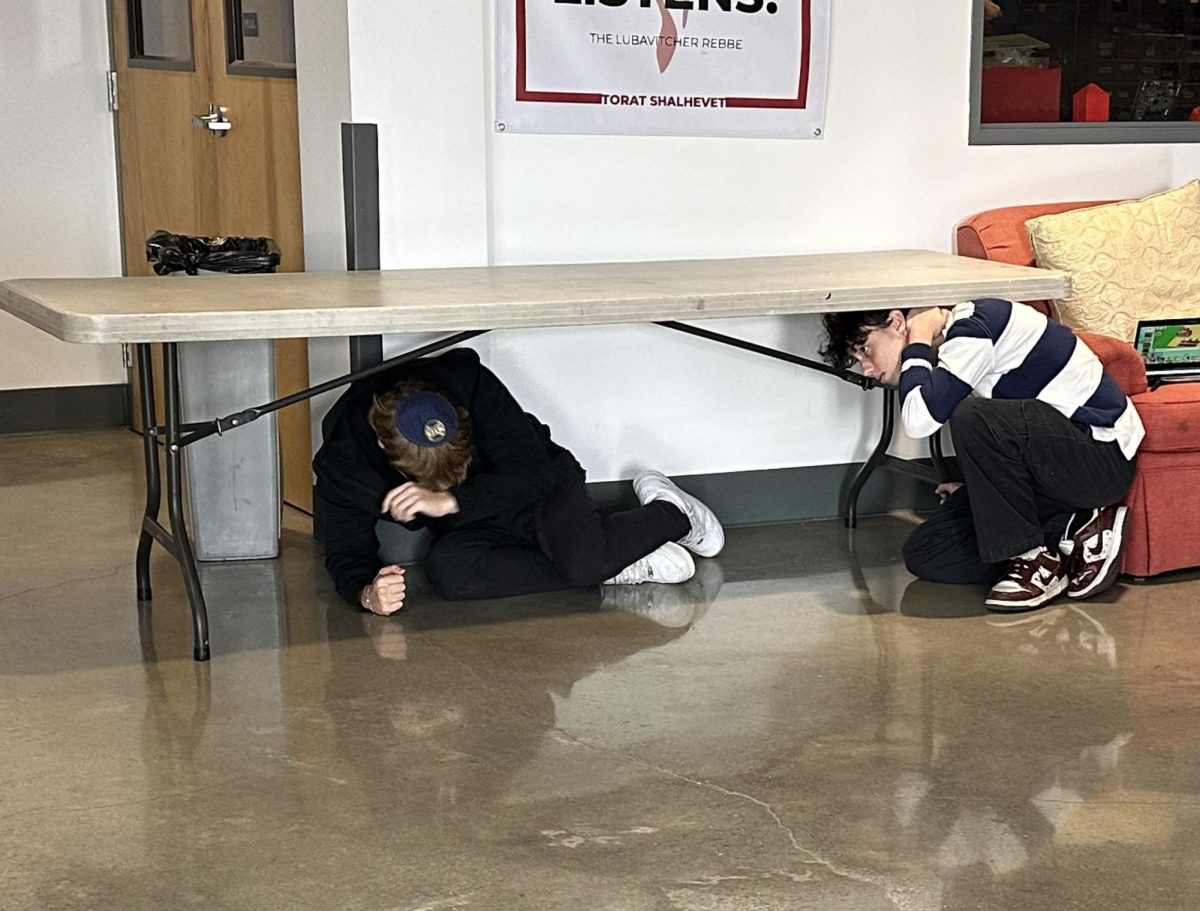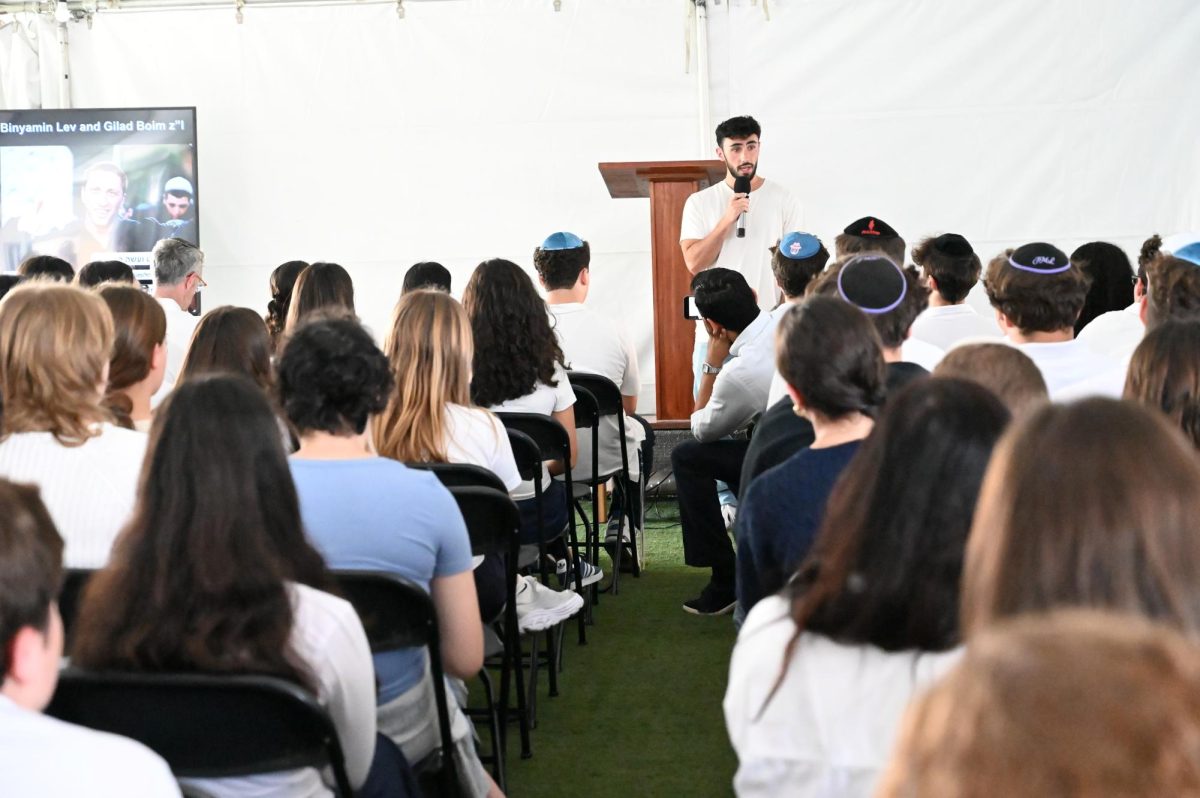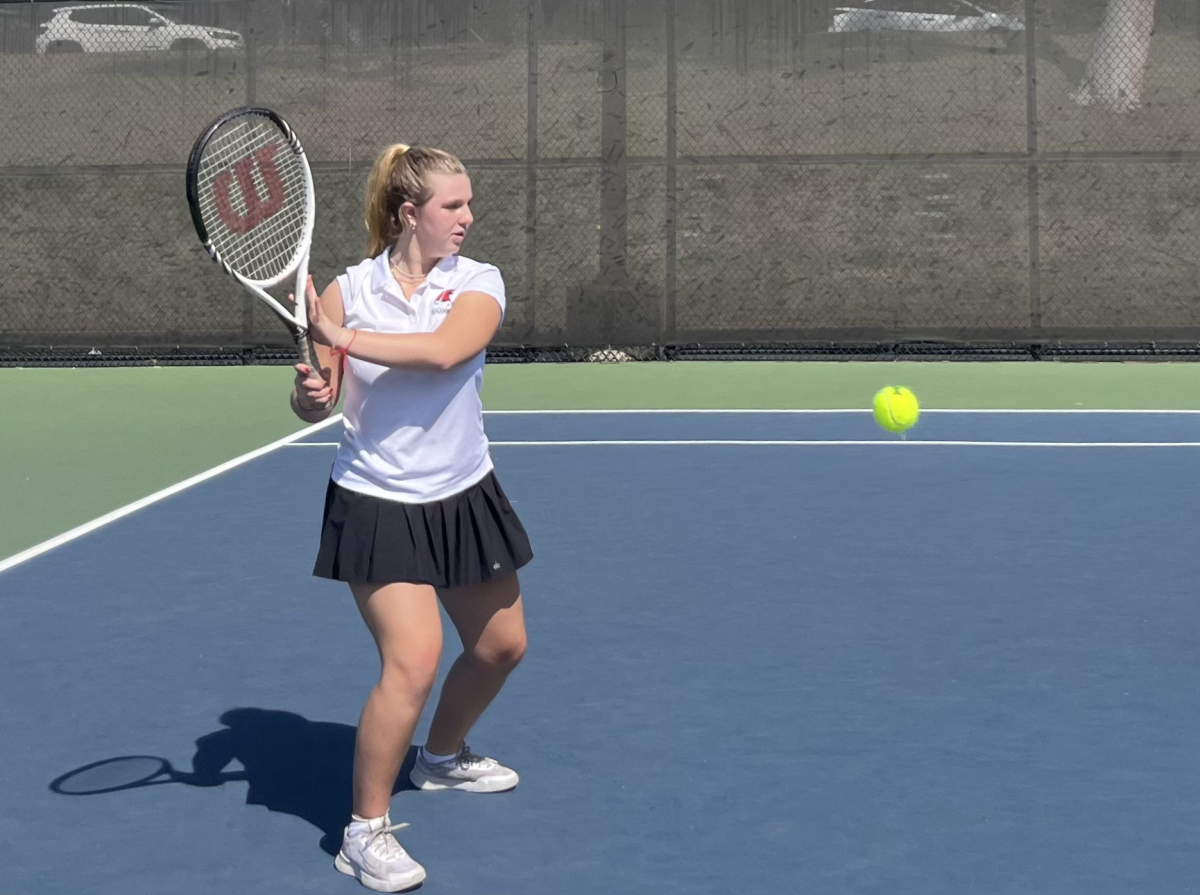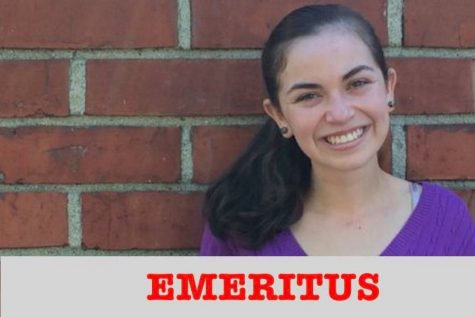In response to a major cheating scandal in New York, students taking the SATs and ACTs this fall will face tighter security procedures, including one that might make registration more difficult for Shalhevet students and others who take the tests on Sunday.
According to college counselor Dr. Steven Mercer – who is also vice president of Counselors Advocating for the Jewish University Experience, or CAJUE – Jewish students are at risk because Sunday registration is only permitted via mail.
If the College Board loses their registration, the new policy does not give them enough time to try again.
“Now that there is no standby registration, kids who realize a week before their testing date that the College Board never confirmed their registration won’t be able to sign up,” Dr. Mercer said in an interview.
“This happens at least once a year, so my organization is trying to convince the College Board to start online registration for Jewish kids, too,” Dr. Mercer said.
The changes are in response to cheating last year at five Nassau County high schools in Long Island, New York. Among those accused were alumni of North Shore Hebrew Academy and High School in Great Neck, a Modern Orthodox high school.
According to the New York Times, Nassau County District Attorney Kathleen M. Rice said 20 teens were charged with cheating — five for taking the test for others, and 15 for paying between $500 – $3,600 for others to take college entrance exams for them.
In response, the College Board is seeking to be more sure of the test takers’ identity. Perhaps most dramatically, students will have to upload a photo when they register. Proctors will compare the students to their photos, to make sure that the student taking the test is the student who signed up.
Students will also be required to specify their gender and birth date, and sign a waiver stating that they understand the repercussions if they are caught cheating, and will be willing to take the punishment.
“I think that the policy changes are really important,” Dr. Mercer said. “The added strictness might be weird for some kids, since the policy has been the same for so long. I’m worried about kids taking the test on Sunday, though.”
Another change is that scores will be sent to students’ high schools. In the past, students did not have to identify their high school or have their scores sent there. In the fall, though, students’ scores will have to be sent to their high school, whether they opt to or not.
“Shalhevet students have always listed us as their school, so we have always received each student’s scores,” said Dr. Mercer. “If they did not, I would just ask them. We use their scores to understand what each class’s scores look like year to year, and also in individual meetings with students when discussing colleges.”
In the previous SAT and ACT policy, students could sign up on site, and did not have to provide photo identification until the day of the test. As demonstrated in New York, students could sign up for the test and someone pretending to be them, using a fake I.D.
Senior Ariella Joffe thinks she would have been hurt by the changes.
“I’ve had to register late multiple times, and with the new policy, that won’t be allowed,” said Ariella.
“I also don’t like that high schools will get students’ scores. I think that if a person does not want to disclose the scores they take on a test that is not associated with the school, that should be their choice.”
But junior Rebecca Mandel agrees with the College Board’s Steps.
“I think that the safeguards … seem well thought out,” said Rebecca. “It will be definitely be effective.”
Dr. Mercer agreed.
“I’m sure there are ways to get around the new policy, but I’m confident that it will make SAT and ACT testing more secure,” said Dr. Mercer.

